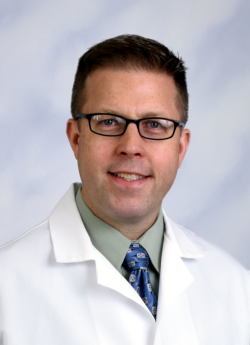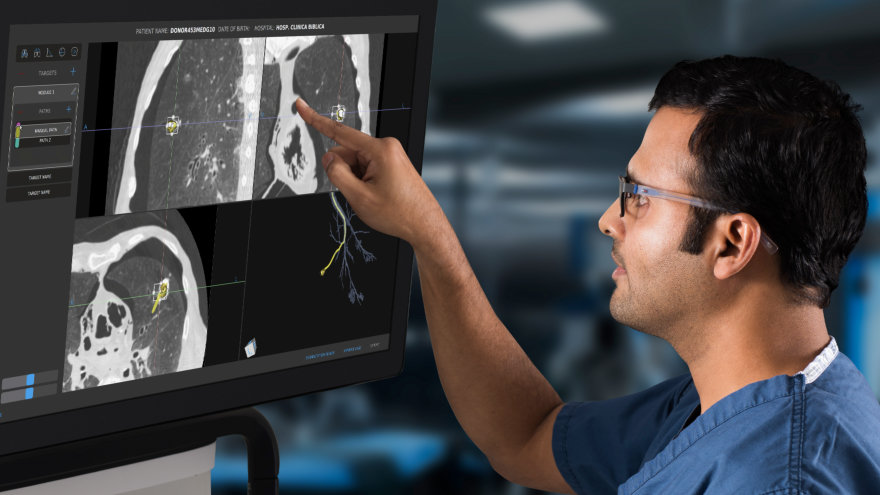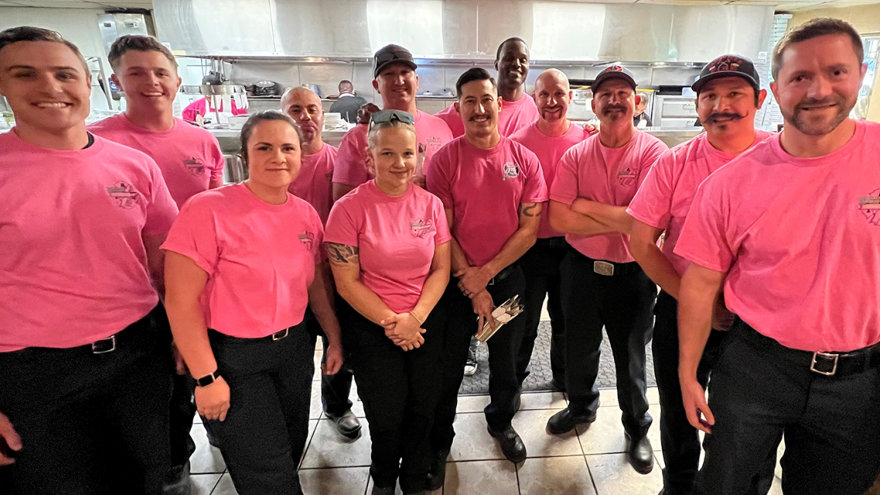How to Stop Colon Cancer In Its Tracks

Colorectal cancer is the second most common cause of cancer-related deaths in the United States, when numbers for men and women are combined. It is also unique because doctors can find and remove polyps before they become cancerous, explains NorthBay Health gastroenterologist Michael Krier, M.D.
A gastroenterologist removes polyps (also known as pre-cancerous abnormal growths) during a colonoscopy, which is an examination of the inside lining of the large bowel.
 “Fitting in a colonoscopy likely isn’t your idea of a good time, but it is an important step you can take to protect your health and possibly save your life,” Dr. Krier added. “Yes, the scope goes exactly where you think it goes, but the procedure itself is not painful as you’ll be asleep with the help of effective sedation medications.”
“Fitting in a colonoscopy likely isn’t your idea of a good time, but it is an important step you can take to protect your health and possibly save your life,” Dr. Krier added. “Yes, the scope goes exactly where you think it goes, but the procedure itself is not painful as you’ll be asleep with the help of effective sedation medications.”
He pointed to a study in the New England Journal of Medicine that suggested colonoscopies could reduce the chance of death from colon cancer by 53 percent.
Often patients will be most unhappy with the preparation before a colonoscopy but Dr. Krier said the “clear out” for the procedure has improved and the “big jug” or gallon drink is no longer the only choice of preparation solution.
“Currently we now have several other lower volume options with better taste, including pills that one can take with their preferred drink,” he said.
Of greater concern for gastroenterologists is the preconception by some patients that since they don’t have symptoms, they don’t need a colonoscopy.
“Early detection is key when symptoms are not present,” he said. “Symptoms of bleeding and bowel obstruction usually do not present until later stages of the disease. And by that time, you will no longer be talking only to your gastroenterologist but likely adding a surgeon and an oncologist to the conversation as well.”
The American College of Gastroenterology recommends getting a colonoscopy every 10 years, starting at the age of 45 for average-risk individuals. Dr. Krier recommends patients talk with their primary care doctors for a consult with a gastroenterologist.
You can reach your NorthBay Health Primary Care by calling (707) 646-5500 or sending them a message through our patient portal.



